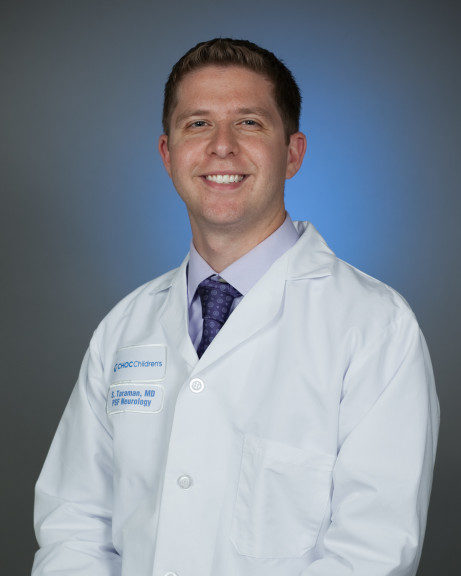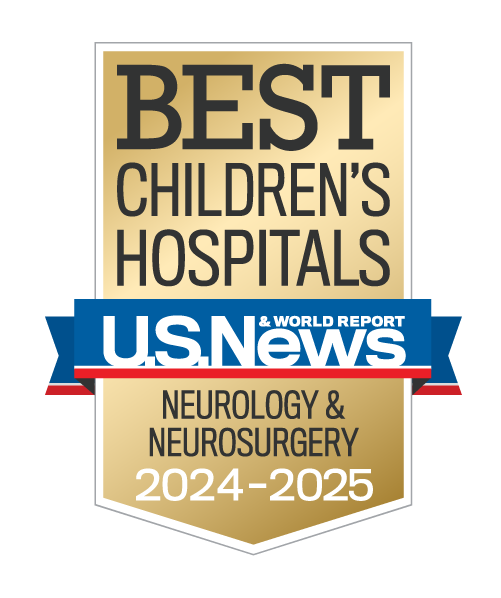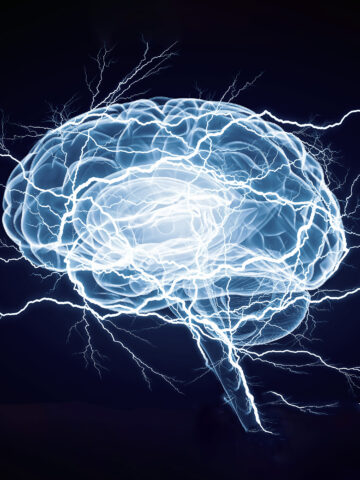A concussion or mild traumatic brain injury is defined as a transient neurologic change resulting from a biomechanical impact to the head. Given this broad definition, it is not surprising that concussion represents the most common type of traumatic brain injury (TBI).
Concussions can be complicated and multifaceted, as patients usually present with various combinations of neurologic, cognitive and psychiatric symptoms, Drs. Sharief Taraman and Jonathan Romain said in a recent grand rounds presentation at CHOC.


Concussions in adolescent student athletes: Navigating academic and social challenges during recovery
Adolescents represent a commonly seen subgroup within the concussion population, most notably because of their frequent involvement in sports and higher-risk activities. Additionally, when injuries do occur at the high school and college level, the impact velocities tend to be at a higher rate than is seen in younger athletes, potentially resulting in more pronounced concussions. Further complicating the situation is that adolescents tend to have busy schedules and multiple responsibilities throughout the school year (when most concussions occur).
Thus, when a concussion is sustained, the student athlete not only needs to deal with the immediate symptoms of the injury, but also the potential for academic and social derailment during the recovery process. Combine these issues with a strong body of literature suggesting adolescents tend to have slower resolution than do adults, and you have the recipe for a very bumpy recovery.
The doctors explain that cognitive symptoms manifest as slower processing speed, feeling foggy, and occasional forgetting or transient confusion. Psychiatric symptoms often include irritability, liability and sadness. A child may have one or many of these symptoms, although more often these symptoms overlap.
The patient and their family may not recognize how persistent symptoms of headache and dizziness, for example, can contribute to memory problems and difficulty concentrating, irritability, and feelings of depression and hopelessness. Children with prolonged symptoms also can feel isolated from their peers while they are sitting out of play and school.
Learn more about CHOC’s Concussion Program.
View presentation slides I View previous grand rounds videos.

CHOC Hospital was named one of the nation’s best children’s hospitals by U.S. News & World Report in its 2024-25 Best Children’s Hospitals rankings and ranked in the neurology/neurosurgery specialty.




